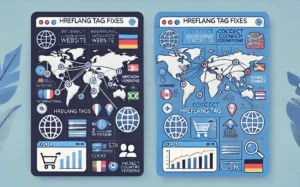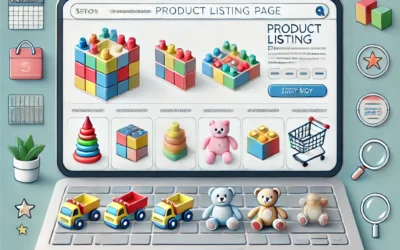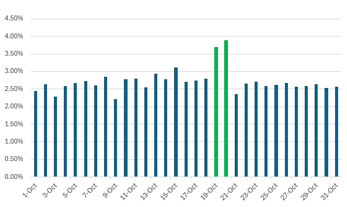
Client:
Ecommerce Website in the Toys Industry
Situation:
Our client, an ecommerce website in the toys industry, maintains an international, multi-lingual digital presence. To help search engines understand the appropriate language and country versions of their pages to serve in search, hreflang tags were implemented across their site.
Challenge:
The hreflang tags on Product Listing Pages (PLPs) were being manually authored, which led to frequent issues. In some cases, reciprocal hreflang tags were incorrect, alternative page URLs were duplicated, or the tags were missing altogether, resulting in inconsistent international SEO performance.
Solution:
We analyzed the top 100 most visited pages on the client’s website, reviewed their hreflang tag implementations, and identified specific issues. We provided detailed recommendations for correcting and updating the hreflang tags on pages where implementation errors were found.
Implementation:
The client’s development team applied our recommended hreflang updates at scale, ensuring that all PLPs had accurate and consistent hreflang tags pointing to the correct alternative versions.
Results:
After implementing the hreflang changes, our client’s SEO performance improved significantly:
- SEO Clicks (Post vs. Pre): Increased by 28%
- SEO Click-Through Rate (CTR Post vs. Pre): Increased by 12%
Conclusion:
Manual implementation of hreflang tags is prone to errors, which can undermine international SEO performance. While the client continues to manage hreflang tags manually, we now conduct regular audits and proactively address issues as they arise, helping to maintain consistent SEO growth for their multi-lingual website.



